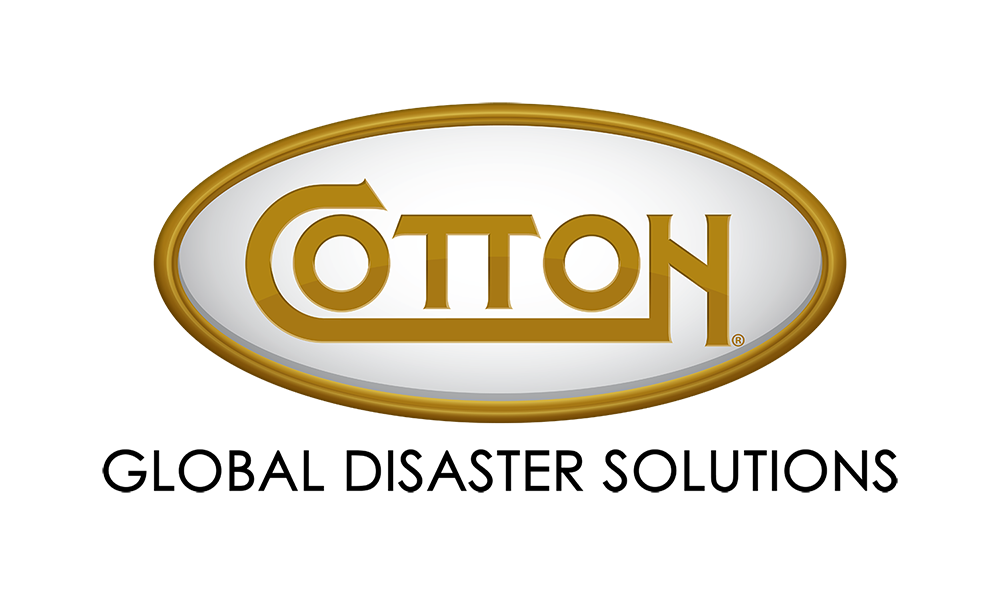Hurricanes, with their intense winds, heavy rainfall and storm surge flooding, can impact businesses across any industry. Whether you manage an apartment, oversee a school district or run a restaurant, proper preparation is critical for mitigating losses and resuming operations quickly after storm damage.
Businesses can prepare for hurricanes by taking generic steps to ready their property and workforce. However, while universal preparation guides — like this Hurricane Preparedness Guide from Cotton Global Disaster Solutions — provide key information for hurricane readiness, your specific industry may require additional, customized advice to help you fully prepare.
The following industry-specific hurricane prep tips are designed to help you better understand what disaster preparation may look like for your property. Take your hurricane preparation to the next level with hurricane guidance tailored to your industry!
Are you looking for even more customized guidance on how your specific business can prepare? Schedule a hurricane planning session with one of Cotton Global Disaster Solutions’ experts and set your business on a path to success this hurricane season and beyond, no matter your industry.

